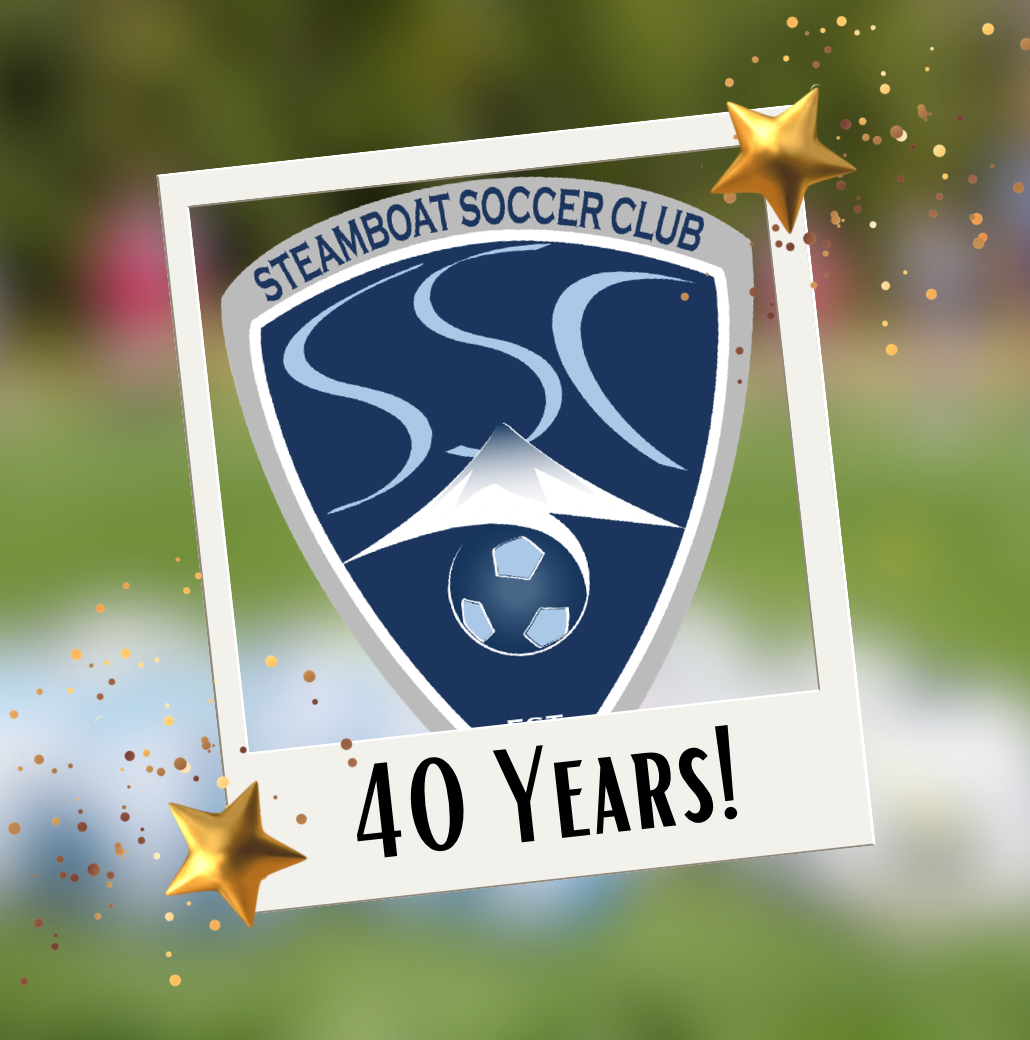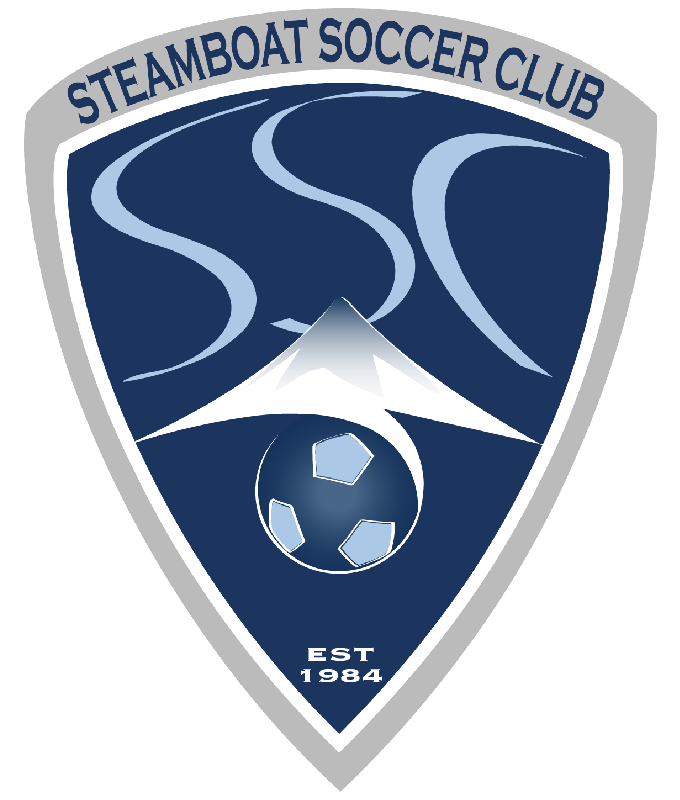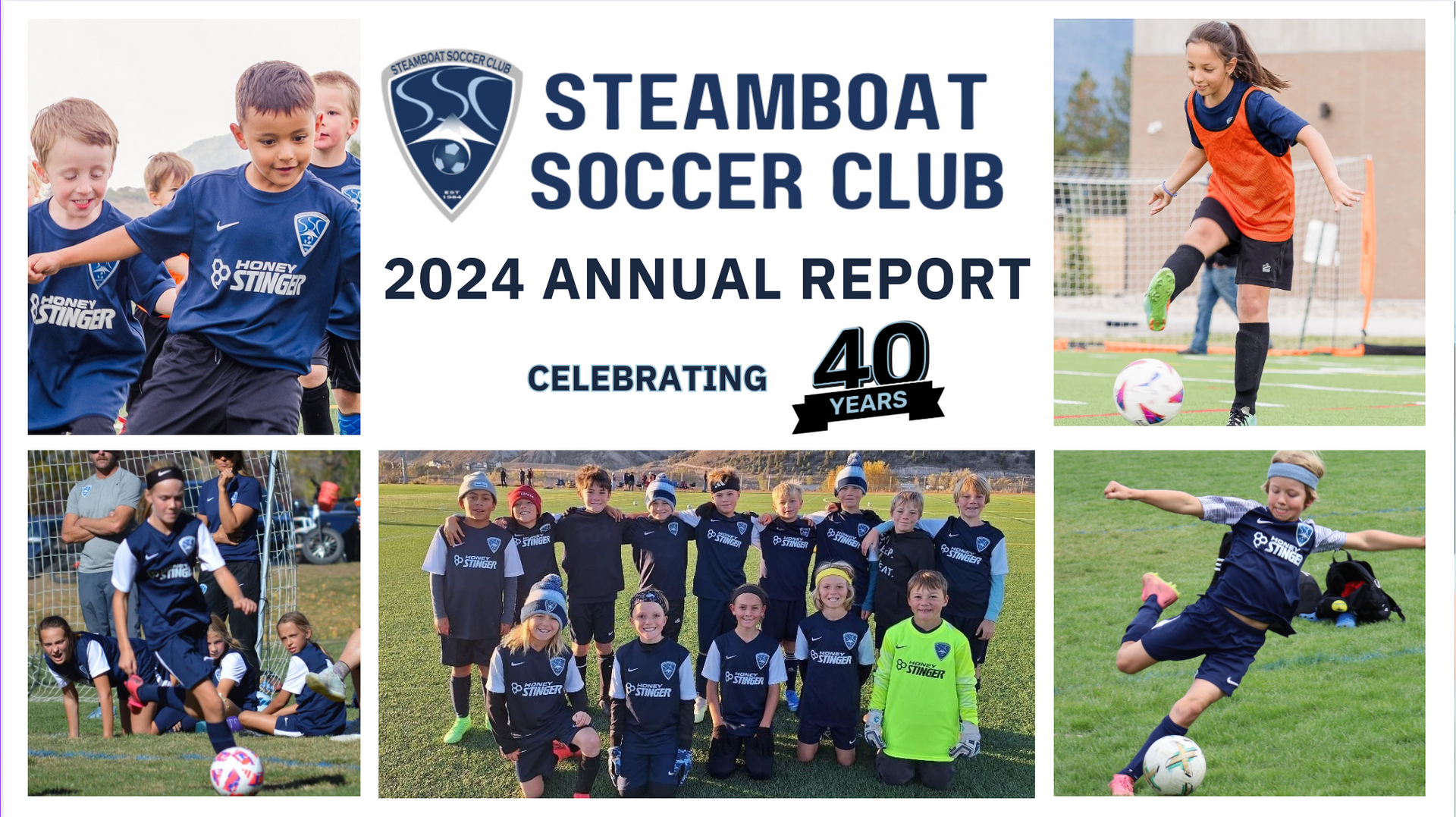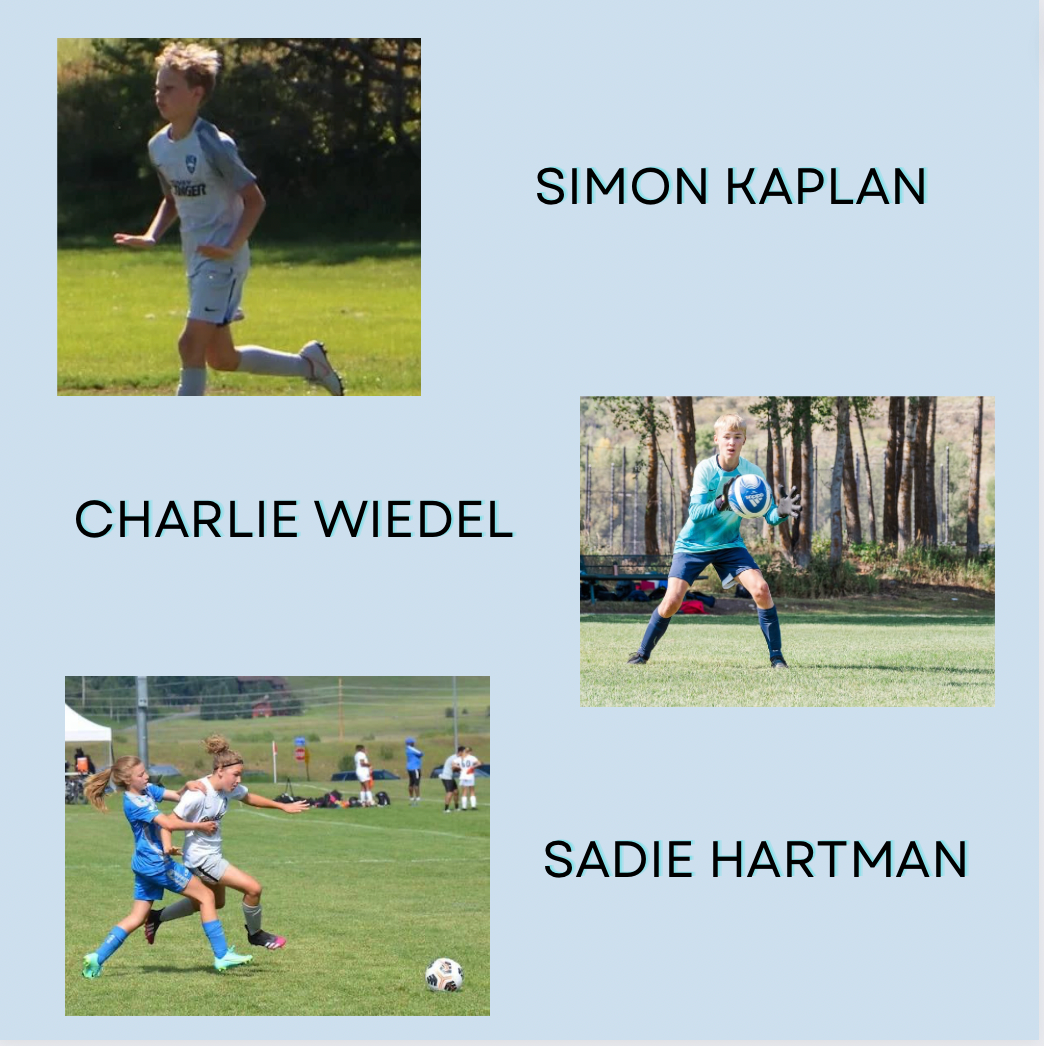Are you “combining key concepts from ecological psychology and nonlinear dynamic system theory in an attempt to enhance understanding of performance and learning in contexts in sport, to aid the acquisition and transfer of adaptive human behaviors”* at training tonight?
Or are you doing some more passing line drills?
Please don’t develop your training plan until you read further. And, if you are like me, you may want to read it four times to digest the research. If you are not like me, maybe once will suffice.
—
“How did you learn that?” I asked my son Jordan who is accustomed now to be my learning laboratory rat with all the love and Dutch cheese that title affords.
“I don’t know. I was going to shoot but the goalie was near the post and the defender was coming from my left, so I just pulled it back behind my leg and then saw Asier open in the center so I passed it to him instead,” Jordan replied in explaining an intriguing moment in his match.
“Fair enough,” I replied grateful that I did not persuade him otherwise with some idiotic parental ranting from the stands.
Sometimes solutions are merely speculations that only become solutions with a positive outcome. Nonetheless, the intent to process the myriad of variables in play and come to some reasonable proposition is evident. My son did what all children do. They read the environment and respond to it in some way they believe to be fruitful.
So, upon arriving home I fired up my research assistant – a MacBook Air and all things available through a sketchy WIFI connection. And here is what I found. No, this is not on my screensaver, but nonetheless I found it. And I encourage you to read this slowly for fear of contracting EES – Esoteric Exhaustion Syndrome – something I experience when reading all things beyond the latest Kardashian tweet.
“Organization in neurobiological systems is both facilitated and bounded by interacting constraints which shape the dynamics of emergent behaviors. Constraints on behaviors include task, performer and environmental factors. The unpredictable nature of the environment and the many individual differences that exist in personal characteristics and functions of athletes signify that indeterminate solutions exist for many tasks in sport. This idea emphasizes the circular causality of the relationship between each individual and a performance environment, mediated by brain and behavior, and processes of perception and action. The causality between brain and behavior, and between processes of perception and action, is not linear but cyclical, as the individual continuously constructs goal-directed interactions with a performance environment.
“From this perspective, expertise is the continuous functional adaptation of behaviors to a set of interacting constraints in order to exploit them to the fullest in achieving specific intended performance goals.”*
“Holy Moly,” I said. (Fully aware that I have no idea what “Moly” is or if it has any ethereal qualities)
But in the end, I translated this into nautical and football terms to make sense of it in Spain. One, because I live at the sea and, two, I love football. Here’s what I came up with and I hope it helps.
Survival: Cognition, Competence, and Character
Whether you paddle, sail or swim to shore is entirely dependent upon the sea, tide and wind. So, learn to swim, sail and paddle accordingly – and don’t give up in turbulent water.
Football: Cognition, Competence and Character
Whether you dribble, pass or shoot is dependent upon the opponent, your positioning, and your prowess. So, learn when to do what in context and execute accordingly – and don’t give up in turbulent times.
—
So, when you go out to train tonight ask yourself if you are indeed engaging Ecological Dynamics to facilitate learning. It may be a bit esoteric for all of us, but it may be worth it for our children’s sake.
If you plan to do some more ineffective passing drills, I have only the words of the late Stephen Covey to convey.
“To know and not to do is really not to know.”
*Ludovic Seifert, Keith Davids. Ecological Dynamics: a theoretical framework for understanding sport performance, physical education and physical activity. CS-DC’15 World e-conference, Sep 2015, Tempe, United States. CS-DC’15 World e-conference.
Follow Todd Beane on Twitter
The post How are your Ecological Dynamics? appeared first on TOVO Institute.







